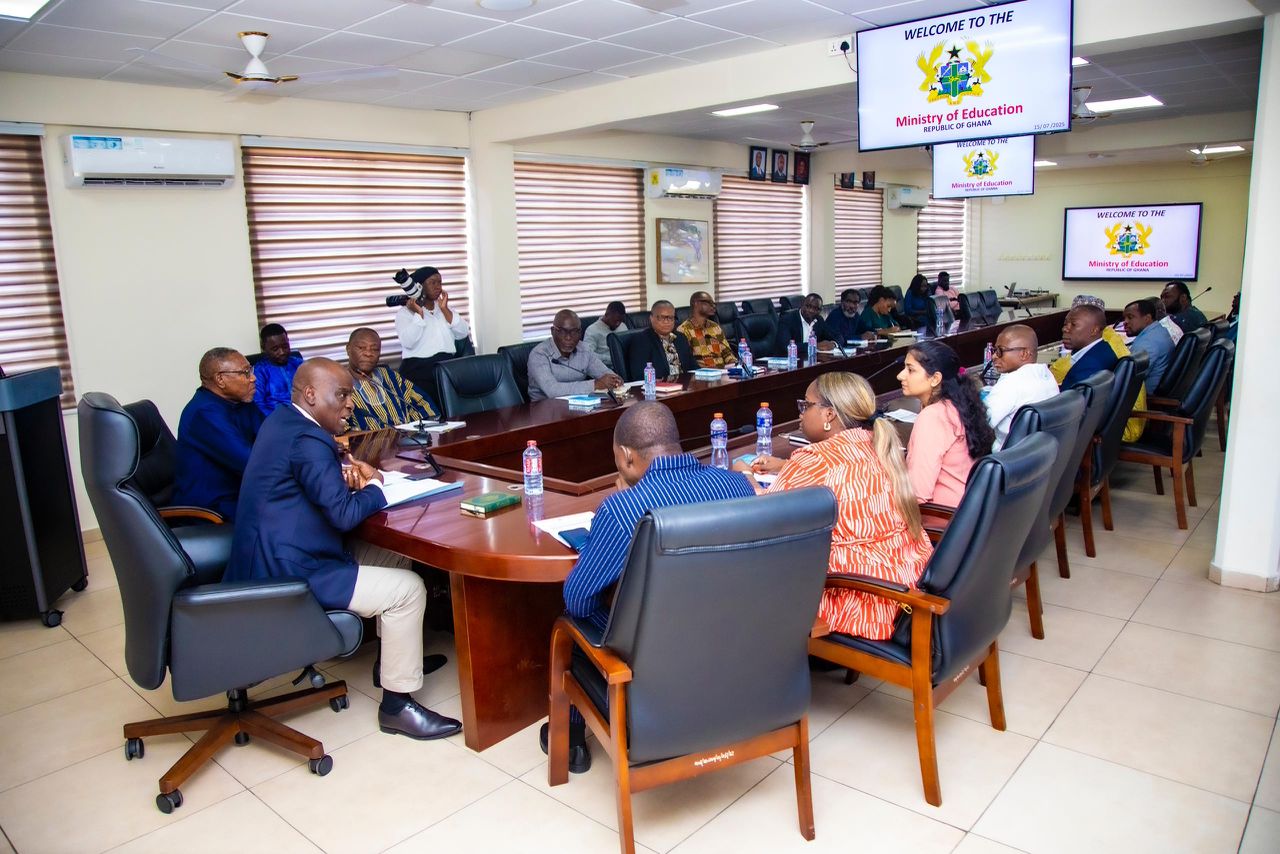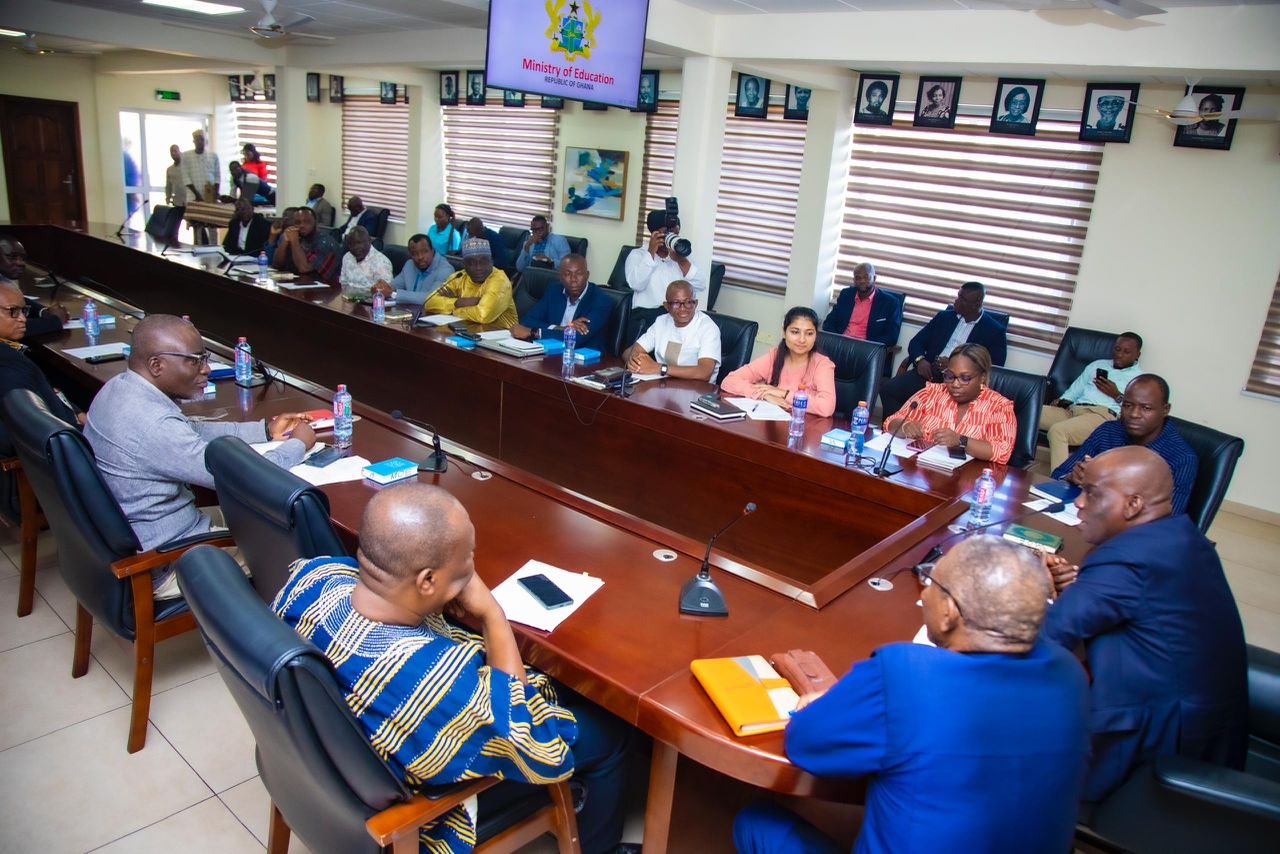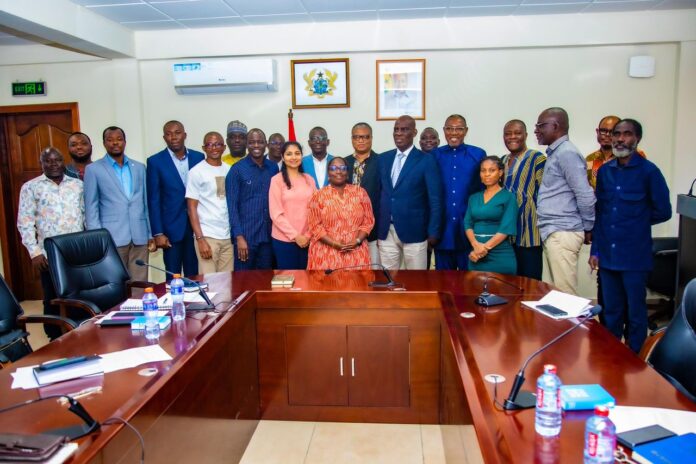The Ministry of Education on Wednesday inaugurated the reconstituted Education Sector Research Group (ESRG), marking a key step towards data-driven policy-making.
The event underscored the importance of evidence and data in shaping decisions that affect Ghanaian children’s education.
The ESRG’s reconstitution forms part of the Ghana Accountability for Learning Outcomes Project Additional Financing (GALOP AF2), which seeks to scale successful interventions and strengthen the research ecosystem. Funding for the revitalised ESRG is provided through GALOP AF2.
Education Minister Harun Iddrisu outlined three main reasons for reconstituting the group:
1. Vibrancy and Inclusivity:
While the previous ESRG was insightful, it lacked the breadth and frequency needed to meet rising demands. The new group has expanded its membership to include academia, civil society, think tanks, and development partners. This diverse representation aims to enrich the Research and Learning Agenda (RLA).

2. Stronger Coordination Through GEEDLab:
GALOP AF2 is also supporting the establishment of the Ghana Education Evidence and Data Laboratory (GEEDLab), a new hub that will unite data scientists, researchers, and policymakers. The ESRG will guide GEEDLab’s work to ensure its studies align with key policy areas.

3. Faster, Smarter Decision-Making:
The ESRG is expected to close the gap between research and policy action, enabling the ministry to respond more swiftly to challenges such as learning losses, digital divides, and educational emergencies.
The Minister charged the ESRG to:
-
Draft and finalise a research and learning agenda
-
Produce evidence-based briefs
-
Track how research is adopted into policy
He urged members to challenge assumptions, pursue innovation, and collaborate openly by sharing data and avoiding duplication.
He also called on the group to promote the uptake of evidence by packaging findings in accessible formats and publishing datasets and study protocols to foster trust.
“Evidence without action is merely information,” the Minister said. “Evidence harnessed for strategic decisions is the power to allocate resources equitably to improve learning outcomes.”
He encouraged quarterly reviews, the use of GEEDLab for data sharing and analysis, and close alignment with GALOP AF2 indicators to show measurable progress.
Mr. Iddrisu thanked partners including the SCALE Funders, GPE, and World Bank for their continued support.
He expressed hope that the reconstituted ESRG would become a “reference point of vibrant collaboration and a decisive, evidence-generating platform” that serves “the millions of Ghanaian children whose futures depend on the quality of choices we make today.”



